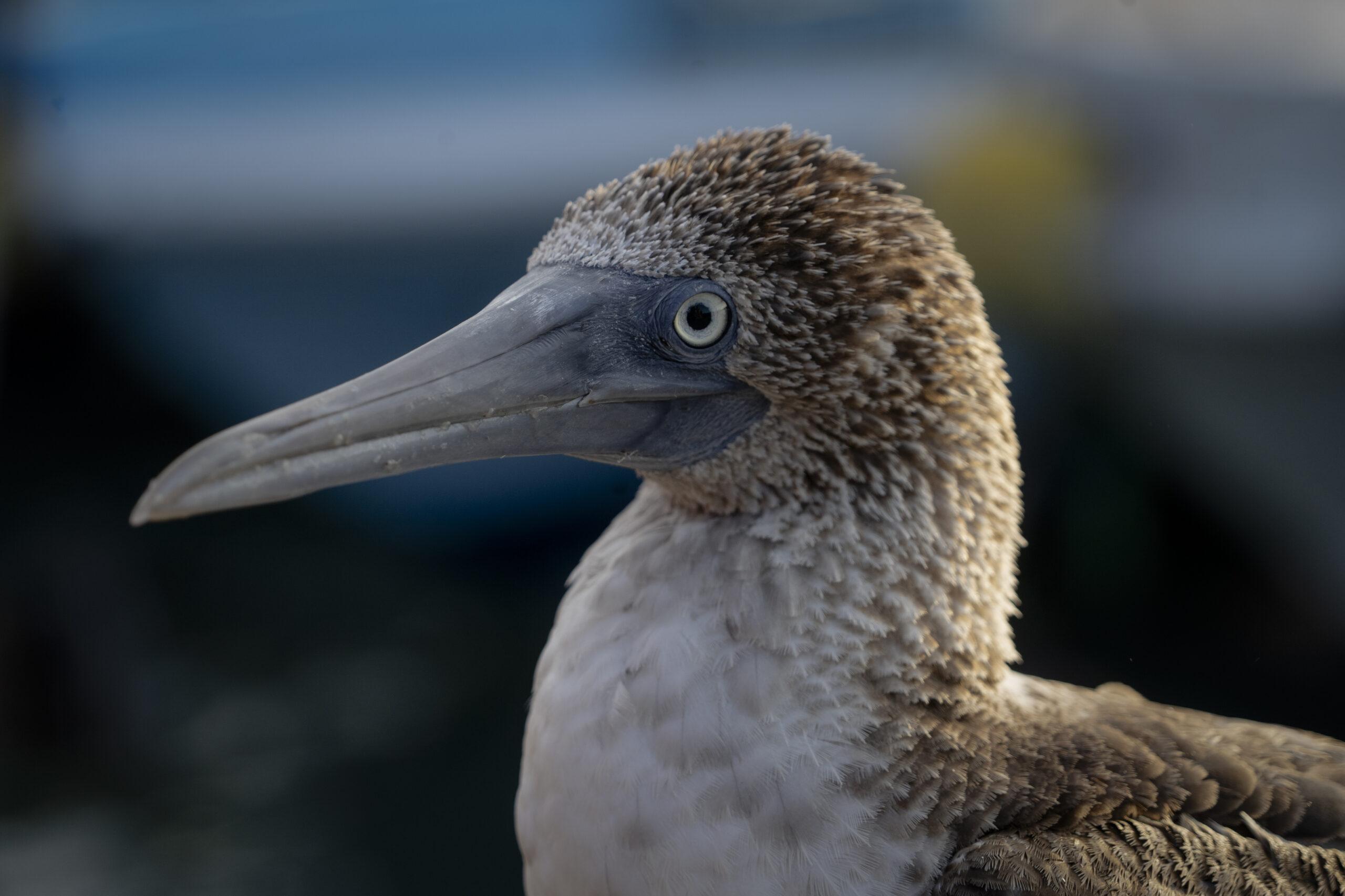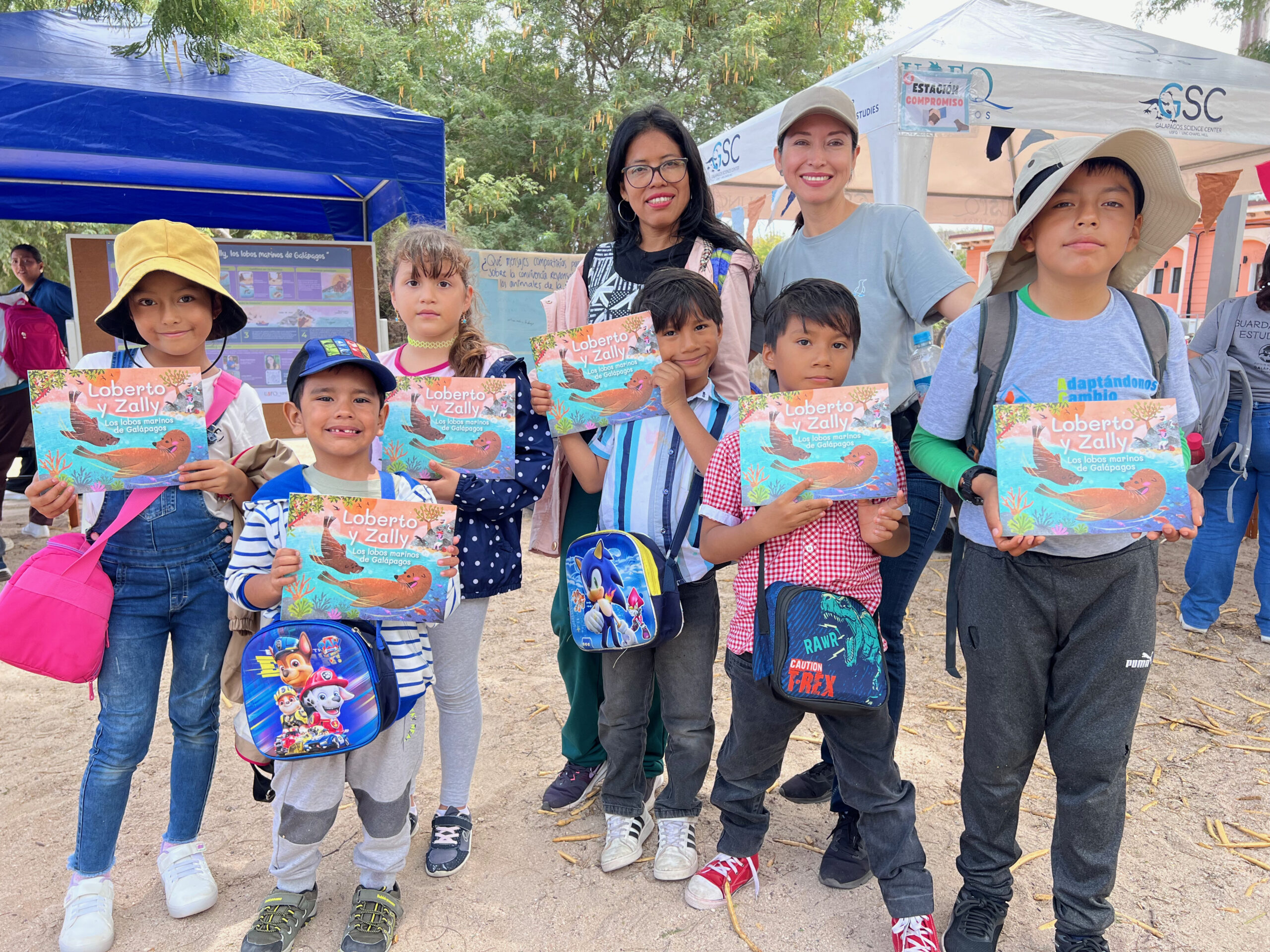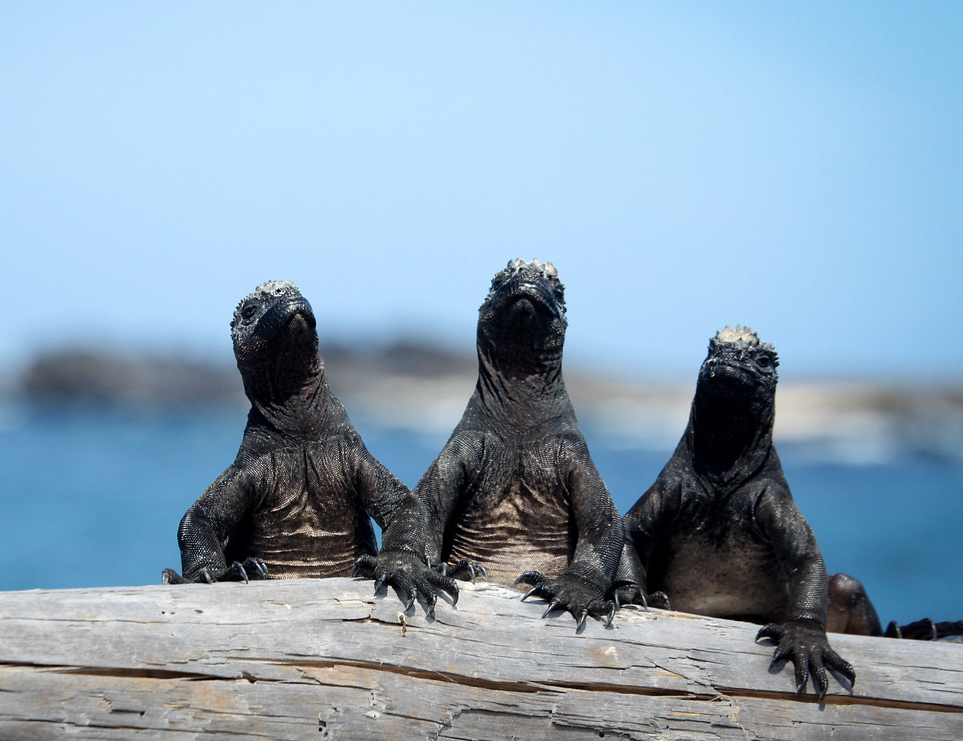The objective of this activity was to evaluate the health status of the specimens so that the Galapagos National Park Direction could carry out the reintroduction to their natural habitat, ensuring their survival.
In previous years Greg Lewbart, adjunct faculty member of the Department of Environmental Sciences and Engineering at the UNC Gillings School of Global Public Health and professor of veterinary medicine for aquatic animals at N.C. State University led this process that seeks to know if individuals are healthy enough to survive and prosper.
On this occasion, the activity was led by Soledad Sarsoza, wildlife veterinarian and coordinator of the GSC microbiology and molecular biology laboratory, under the constant guidance of Lewbart, who could not be present due to the global emergency caused by COVID-19.
Sarzosa has done and conducted evaluations of several species of animals in Galapagos, but this one in particular has had a special meaning, “It is a great responsibility to be in charge of these medical evaluations and to collaborate with the Galapagos National Park,” said Sarzosa. “I am very happy to be part of this process.”
Prior to the repatriation of the individuals, a multidisciplinary team made up of people from the GSC and GNPD worked together in the medical evaluation of the 36 specimens, which included taking morphometric measurements, temperature, heart rate, as well as blood tests and feces to rule out the presence of parasites or other diseases.
Finally, during the last days of September, 14 park rangers were in charge of releasing the turtles. With this group are added 75 individuals repatriated from the “David Rodríguez” Breeding Center since 2012.






